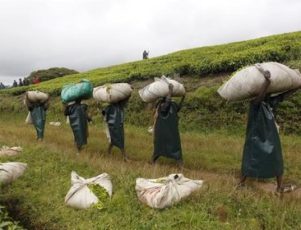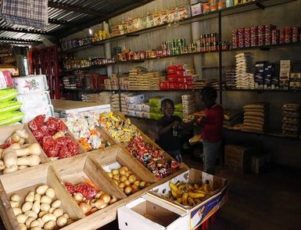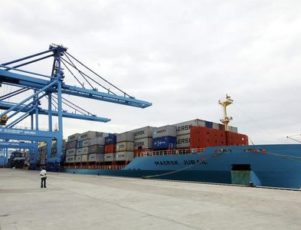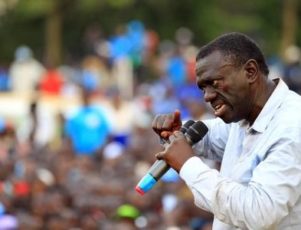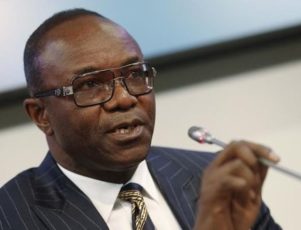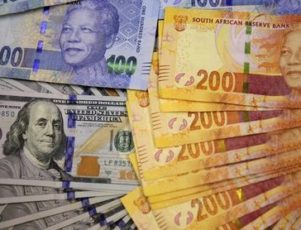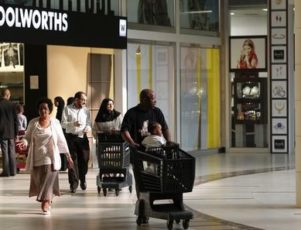ABUJA (Reuters) – Nigeria is in talks with oil majors and banks to raise capital for new drilling and to repay up to $4 billion in debt that the state oil firm has accumulated over years of mismanagement, the firm’s head told Reuters.
Emmanuel Ibe Kachikwu, who is also the minister of state for petroleum, said he wanted to increase output to up to 2.5 million barrels per day by the end of 2016. Currently, the OPEC member pumps 2.3 million bpd.
President Muhammadu Buhari has made reforming the oil sector a priority as a slump in oil prices hammers the economy. The former military ruler has fired the NNPC board and appointed Kachikwu to overhaul a company whose opaque structures have allowed corruption and oil theft to flourish.
Nigeria’s oil and gas output has been relatively stagnant as big offshore projects have been held up by much-delayed government funding and uncertainty over fiscal terms.
Africa’s biggest economy produces oil with foreign and local firms through production-sharing contracts and joint ventures (JVs) but investments have been held up because NNPC has been unable to pay its part: bills have been piling up since 2012.
Kachikwu said debt as of November stood at $3.5-$4 billion, which NNPC wanted to cut through deals such as a $1.2 billion multi-year drilling financing signed with Chevron in September.
“The target is that over 2017, we’ll begin to look at zero,” he said in an interview, referring to debt and the goal of ending the need for JVs to depend on NNPC cash.
NNPC was in talks with oil majors such as Italy’s Eni and oil traders Vitol and Gunvor, seeking partnerships to revamp assets such as refineries after decades of neglect. Cash-strapped for years, it reported a loss of 267.14 billion naira ($1.3 billion) for 2015.
“My ideal would be to bring in third party capital, do a joint investment and management of the refineries and work out a pay-out process over 5 to 6 years basically on lifting of some portion of the finished products,” Kachikwu said.
He added that the government would also advertise concessions for pipelines and depots next month.
RAISING FUNDS
NNPC was also looking into revamping joint ventures with local firms to boost productivity but this would depend on the Petroleum Industry Bill (PIB), a project to revamp the sector held up in parliament for years.
Kachikwu said NNPC was in talks with the Senate to speed up the process by splitting the PIB into three parts covering governance, taxation and business items such as oil block licensing.
NNPC would also restructure strategic alliance agreements held by Atlantic Energy to raise funds for oil blocks sold by Royal Dutch Shell.
The controversial deals were signed under the previous oil minister Diezani Alison-Madueke, who was briefly arrested in London last year on suspicion of corruption. [nL5N1223TQ]
Former central bank governor Lamido Sanusi alleged that Atlantic’s deals were one route through which tens of billions of dollars in oil revenues were diverted from state finances.
Kachikwu said NNPC expected to conclude a deal within two months for a new partner to pay up to $1.3 billion to take over the Atlantic agreements. The blocks were originally sold to indigenous oil companies by Shell.
“I’m saying to Atlantic, sorry, you’re out because there’s been a breach,” he said. “Whoever comes in has to give a sign-in fee almost equivalent to what I’ve lost … we’ll have a massive increase in volume out of those fields, we’re going to have 150,000 to 200,000 bpd from the current 40,000 to 50,000 bpd.”
(Reporting by Julia Payne; Editing by Ulf Laessing and Ruth Pitchford)
Read more

